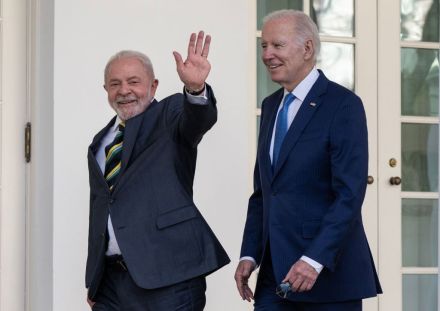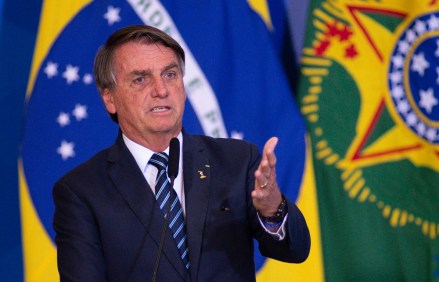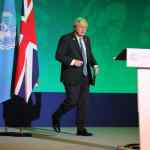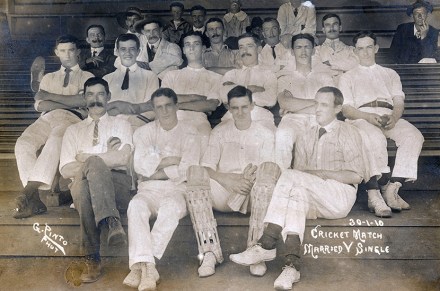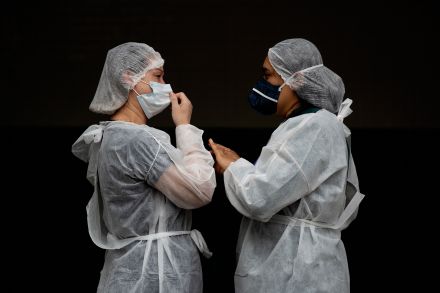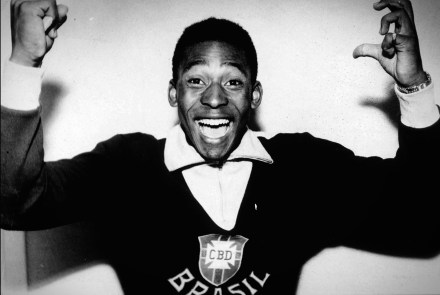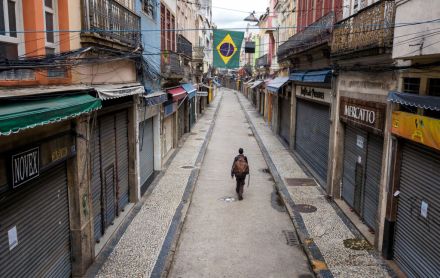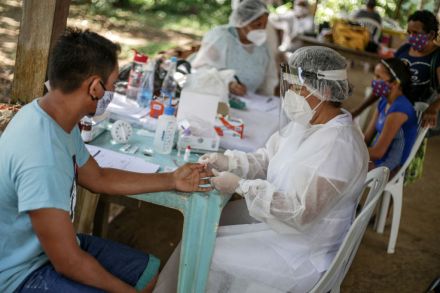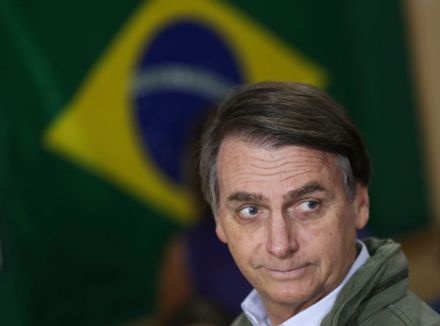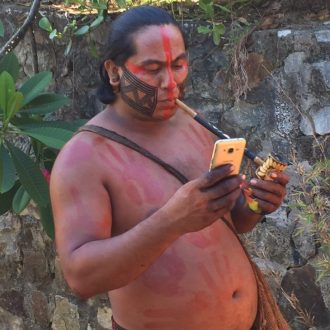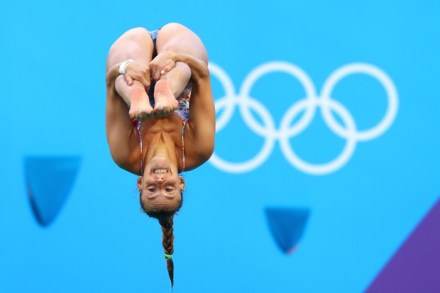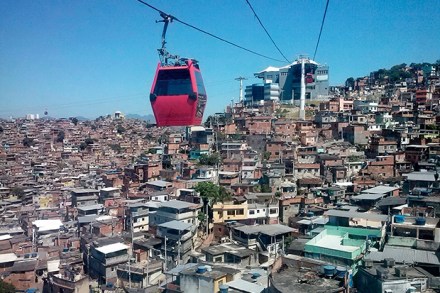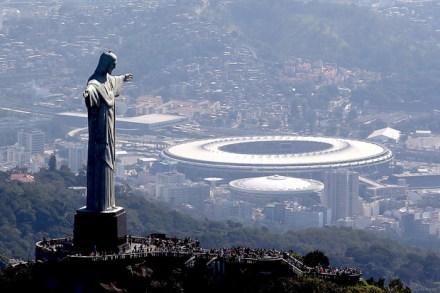Will Lula’s Brazil turn away from the West?
Joe Biden has promised to bring Brazil and America closer together. ‘Both of our democracies have been tested of late’, Biden told reporters last week as he met with president Lula da Silva for the first time. The two leaders were on the ‘same page’, Biden said. But that feeling isn’t entirely mutual. When Lula was sworn in as president on New Year’s Day, he promised ‘dialogue, multilateralism and multipolarity’, and there’s good reason to believe he’ll deliver it. In Lula’s first two terms, he was key to founding the Brics, an economic grouping with Russia, India, China and South Africa. In the post-Cold War era, Brics was important in
